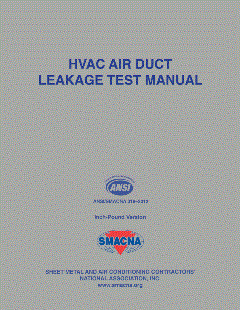According to Berner International, the seemingly inevitable spread of Zika virus from South America to North America through mosquito contact this summer is prompting additional interest in HVAC industry air curtains. Commercial building managers in the most vulnerable fields, such as healthcare, hospitality, and education, are the most concerned.
"We have started receiving questions regarding Zika virus and using air curtains to prevent mosquitoes from entering buildings," said Miranda Berner, marketing manager for Berner International.
Confirming the public's Zika virus concern is Orkin LLC, which began fielding mosquito service calls in early April instead of the typical time of late May, according to Ron Harrison, Ph.D, Orkin's director of technical services. Orkin, which has more than 1.7 million pest control customers across the globe, provides a mosquito-specific service consisting of larvaecide and adult mosquito treatments, but has also recommended air curtains as a supplemental flying insect deterrent for decades.
Air curtains (sometimes referred to as air doors), which are typically specified by engineers and installed by HVAC or electrical contractors for occupant comfort and energy savings, can provide an engineered airstream across an opened doorway making it impenetrable by flying insects. For decades food processing and pharmaceutical manufacturers have used air curtains against flying insects, such as house flies for sanitary reasons, now the mosquito and the Zika virus scare has given them a renewed purpose besides house fly control.
"Air movement is known to be effective at disrupting insect flight," said Dr. Jerome Hogsette, lead scientist at the U.S. Dairy Association's (USDA) Mosquito and Fly Research Unit in Gainesville, FL. "By providing direction to air movement to create a barrier, air curtains protect against the intrusion of mosquitoes, flies, and other flying insects."
Zika virus is spread mainly through mosquitoes. It causes flu-like symptoms that can be overcome with rest, but the greatest fear is its ability to cause microcephaly in the babies of pregnant women, which greatly concerns healthcare facility managers. Zika virus has a potential to spread in North America, according to the National Institutes of Health (NIH), which called it a pandemic last January.
Pest management experts recommend passive safeguards such as wearing long sleeved shirts, using insect repellents, eliminating breeding areas of standing water and dry leaves, and fixing breaches in screens windows and doors. Air curtains pose one of the few proactive, chemical-free deterrents to mosquito infiltration when a door is open.
"There's definitely a heightened interest and experts are concerned that Zika virus could be problematic for North America this year," said Orkin's Harrison.









